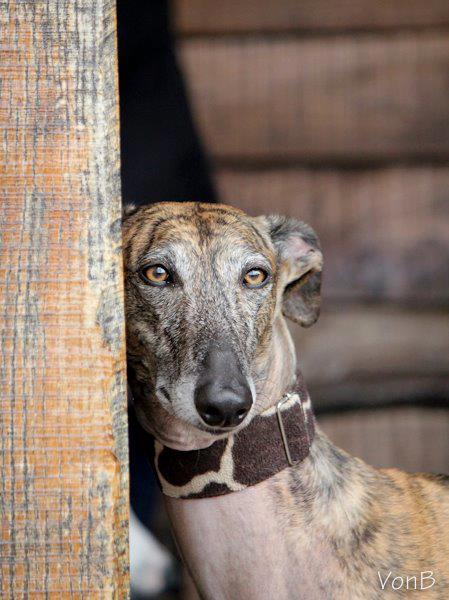In a letter dated 11 March 2021, the European Parliament has taken a stand on the treatment of hunting dogs in Spain, stating that it is in violation of European values and article 13 of the Lisbon treaty. EU Parliament members expressed their deep concern for the fate of galgos and podencos in the Spanish hunting industry, in which these animals are treated as inanimate tools per Spanish customs. This runs counter to European values, in which animals are recognised as sentient beings. Specifically, article 13 of the Lisbon treaty stipulates that full regard should be paid to animals’ welfare requirements. As a member of the EU, Spain is under obligation to incorporate this EU guideline into national laws. In the letter, Spain has been urged strongly to fulfill this duty and pass the required laws.
In the official letter, addressed to the 17 autonomous regions as well as the national government, the European Parliament conveys that it sees no valid reason for granting hunting dogs a different status from companion animals. This explicitly means that hunting dogs are also covered by the guidelines regarding animal welfare.
“The fact that the European Parliament acknowledges that the structural violence and neglect of hunting dogs inherent to hunting practices, is in violation of article 13 of the Lisbon treaty is of historical value. This recognition could and will lead to a turnaround in the history of the abuse of hunting dogs,†says Chantal Kotte, chairperson of the DutchGalgoLobby.
Spain has a hunting industry with an estimated value of 6.4 billon euros (source PACMA), of which more than 2.5 million hunting dogs become the victim every year. They are being kept in abandoned sheds, on short leashes and with little food. Rescued dogs are often traumatized and show clear signs of both physical and mental abuse. Most hunting dogs have a shelf life of 1 season, after which they will be discarded. For an average galgo or podenco this involves being abandoned, burnt, or hanged from makeshift gallows. The notion that these kinds of cruelty are inherent to the hunting mentality, becomes painfully obvious by the traditional way of hanging: so called ‘piano playing’. This involves stringing up a galgo in such a way that its hind legs can still but barely touch the ground, enabling the poor animal to keep struggling and kicking for 3 days until, eventually exhausted, it chokes on its noose.
For years, DutchGalgoLobby in collaboration with CAS International, has been investigating how article 13 can be used to end these practices. During a conference last February, Yeray Lopez, creator of the Yo Galgo documentary, and Anna Clements of SOS GALGOS have provided European Parliament members with factual circumstances of hunting dogs in Spain and relevant recommendations.
The difficulty lies in the fact that Spanish hunting organisations attempt to defend their treatment of these dogs under the banner of ‘cultural tradition’ or ‘regional heritage’, which are mentioned in the derogation rule. For instance, in 2020, Andalucia has proclaimed driven hunt using podencos (the so called rehalas and monterias) as cultural heritage by law, making this hunt untouchable. This makes painfully clear that the EU’s aid is necessary to effect change in Spain.
By taking stand against these practices, the European Parliament has provided important clarity in the impasse with regard to article 13, namely that the abuse of animals is never sanctioned under European law and does not fall under its protection. Furthermore, the European Parliament has taken concrete steps by placing itself in the position of advisor to remind Spain of the European values.
“The proactive approach of the European Parliament can be seen as a victory for the many rescues and organisations, who have dedicated themselves through the years to improving the life of Spanish hunting dogs,†says Kotte.
